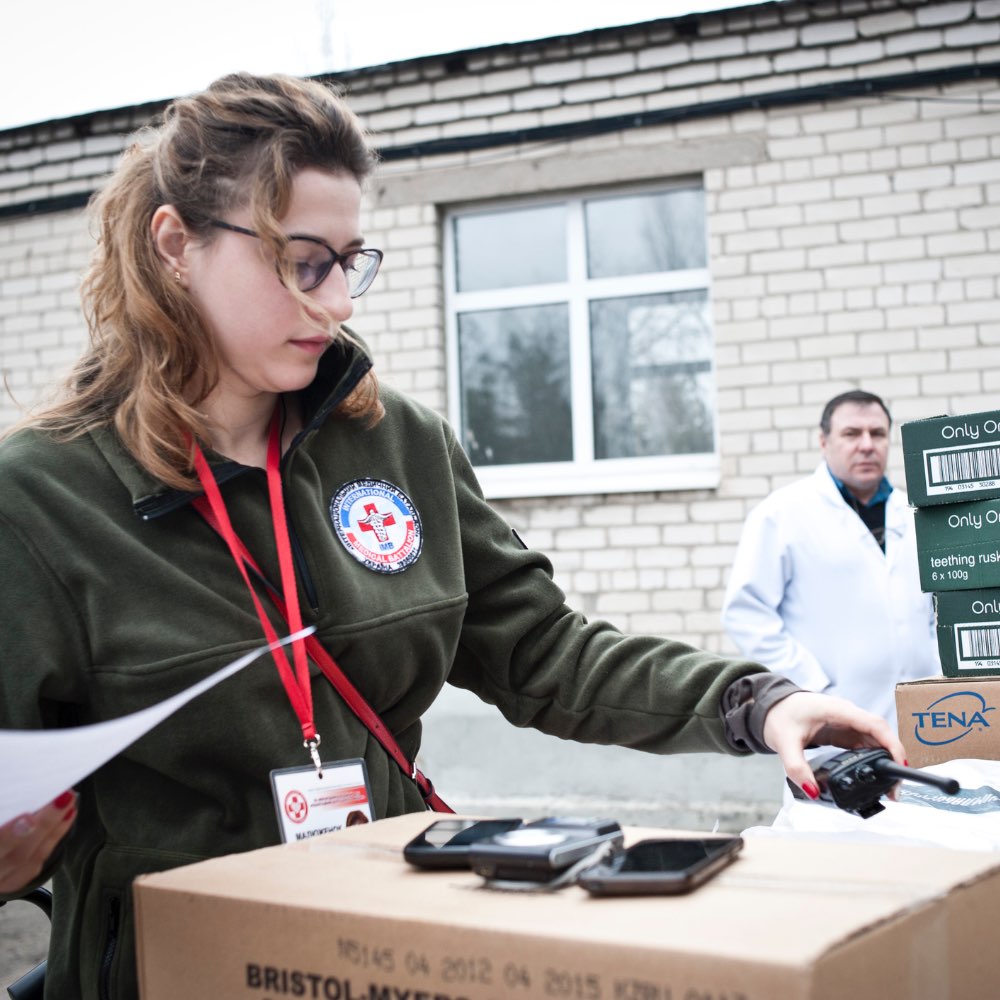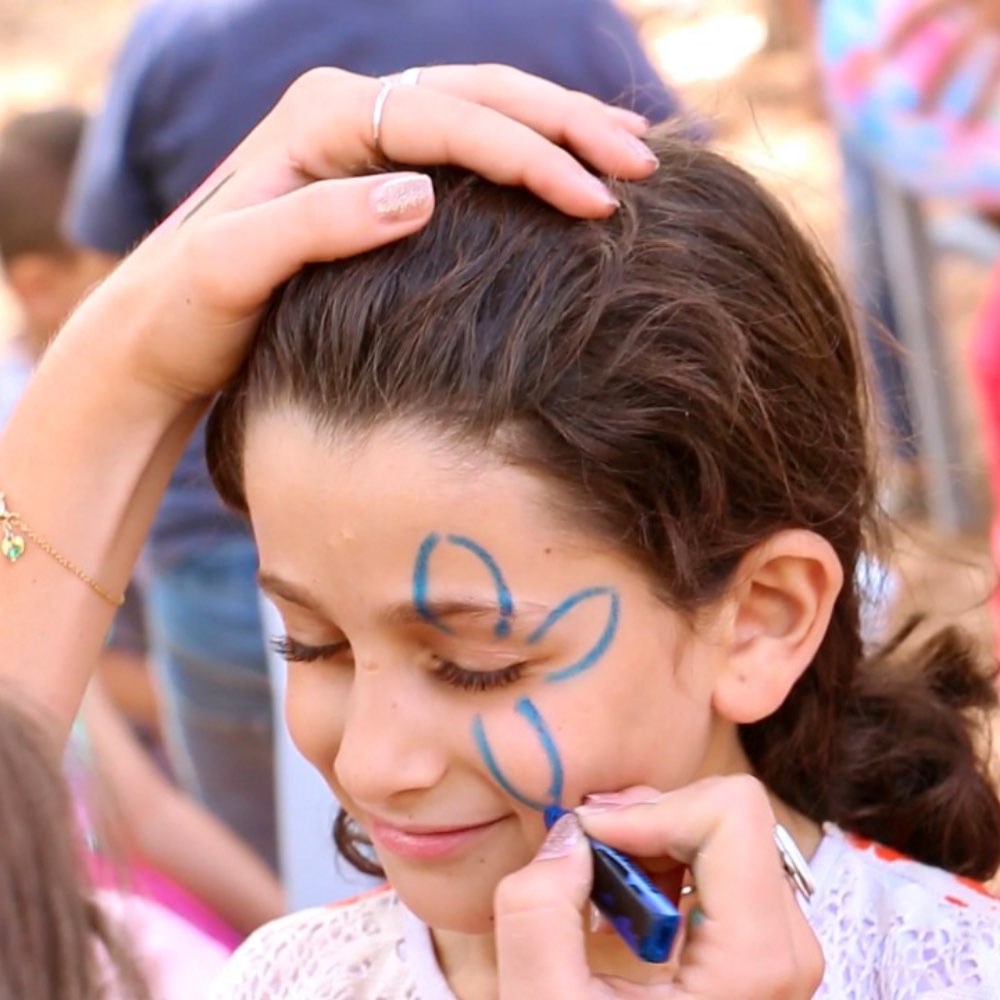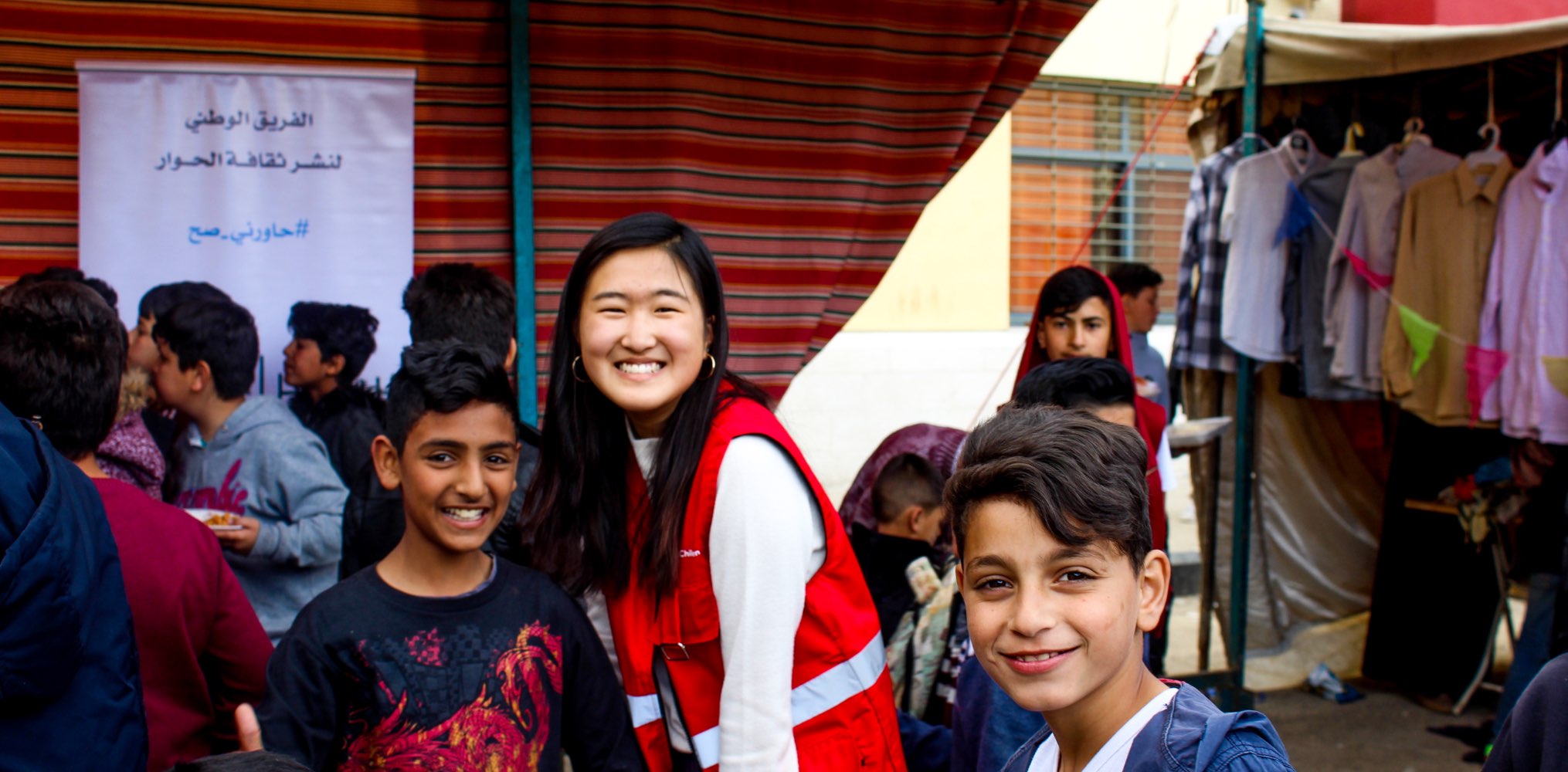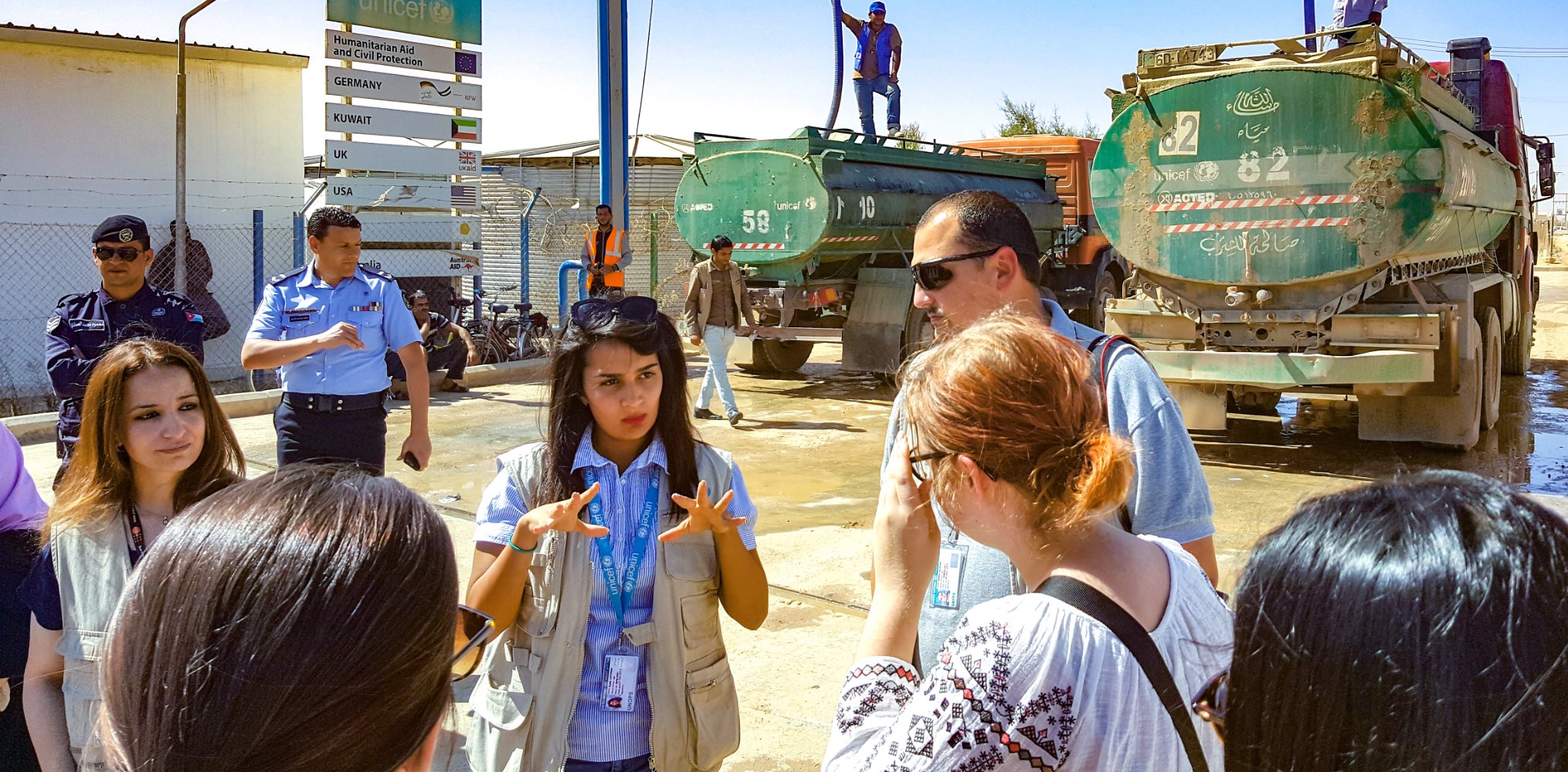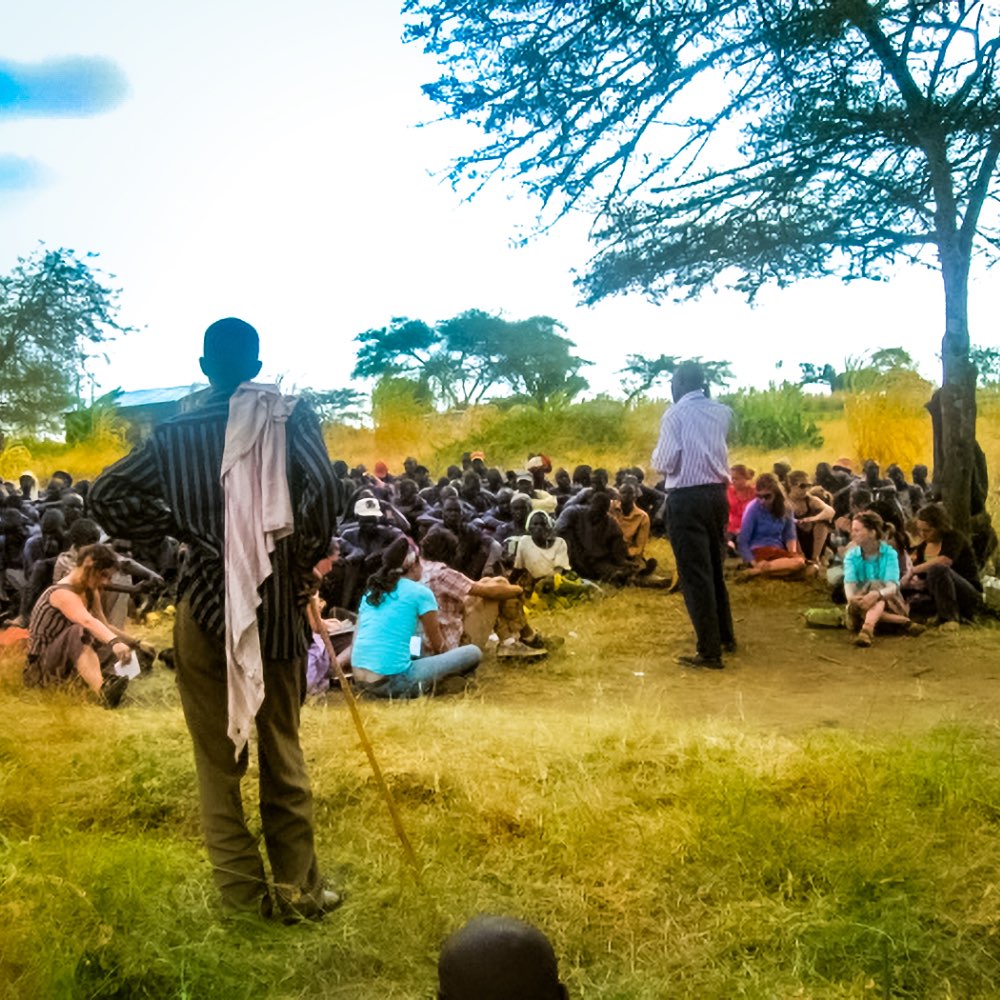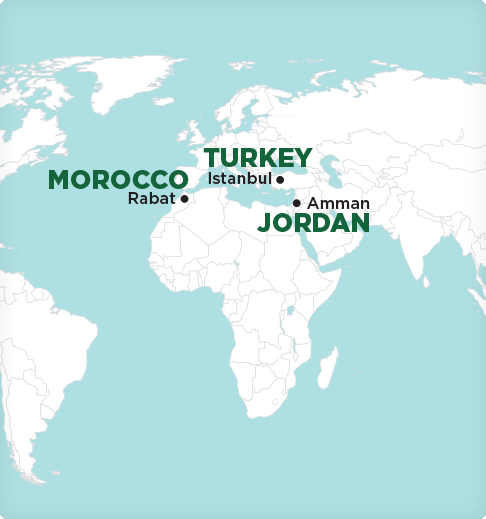- (MGMT–5106 / 3 credits) Monitoring, Evaluation, and Learning: Concepts and Practices
This course provides a thorough introduction to concepts, case examples, and research tools designed to explore and assess community problems and the feasibility of new development interventions, and to monitor and evaluate the process and impact of existing interventions. Special attention is given to participatory methodologies and other current approaches. In addition, students will explore monitoring, evaluation, and learning within the specific context of humanitarian assistance.
- (HACM–5211 / 3 credits) Developing and Maintaining Collaborative Relationships
The course introduces students to the core competencies of principled and effective professionals who are committed to communication, collaboration, community, and viable solutions for a better world. The competencies cover practice-centered learning and professional development, intercultural communication, and effective multicultural teamwork that are essential to planning and implementing a humanitarian response.
- (HACM–5213 / 3 credits) International Humanitarian and Refugee Law, Standards, and Principles
The course examines the theory, history, and development of key international human rights, humanitarian, and refugee laws, treaties, standards, and principles. Students will also gain understanding of the international and regional institutions and the role of transnational actors in the protection and promotion of human rights, with attention to situations of conflict, violence, and disaster. The course also explores several current debates and developments in the field, including the difficult and contentious politics of international humanitarian, human rights, and refugee law and how those political dimensions have been addressed at the national, regional, and international levels. Case studies examine how international law, treaties, standards, and principles have been utilized in a variety of actual humanitarian crises.
- (1.5 credits) Research Methods and Ethics 2
This course introduces students to qualitative research design and methodology and offers students a hands-on experience to explore and apply qualitative research methods. Students will be able to conceptualize and design a mini research study; conduct a literature review/develop a conceptual framework; collect, manage, and analyze data; synthesize, interpret, and write up findings; and present findings. The course will equip students with research skills necessary to carry out a capstone project upon completion of their Master’s degree. The skills will be transferrable to future academic and professional practice, including needs assessment and monitoring and evaluation.
- (HACM–5130 / 3 credits) Crisis Management and Leadership in Humanitarian Response
This course examines leadership during times of crisis and the ensuing humanitarian emergencies. The overall goal is to better understand the key dynamics that influence the way that decision-makers perceive and respond to crises and the kinds of decision-making and institutional processes that facilitate effective crisis management. An important dimension of this course is the focus on providing students with the knowledge and skills for designing and implementing an integrated emergency management system to effectively respond to and mitigate the potential effects of disasters. Students will learn state-of-the-art strategies and procedures for identifying hazards and designing and implementing a risk management plan that anticipates the needs of various groups affected by a crisis in the various humanitarian sectors.



